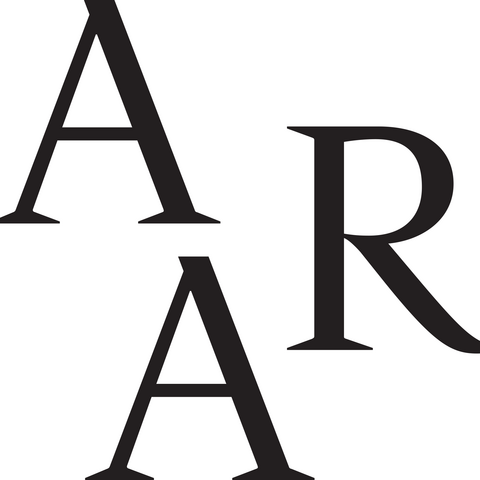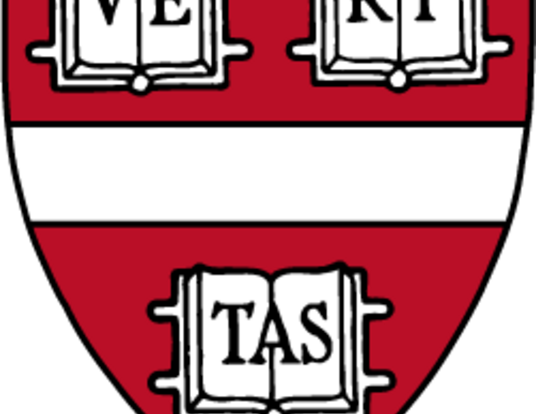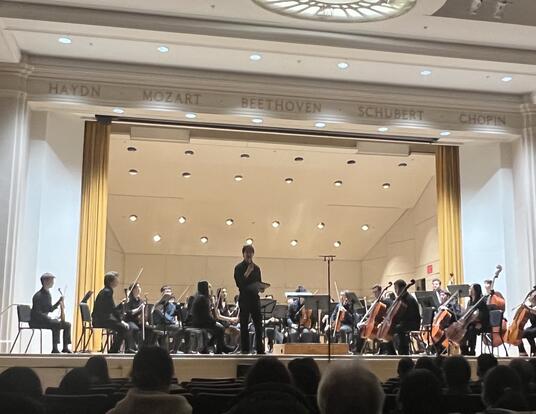Food for Thought
Zach Nowak brought the canned meat product Spam to the first day of section for a course on American food history.
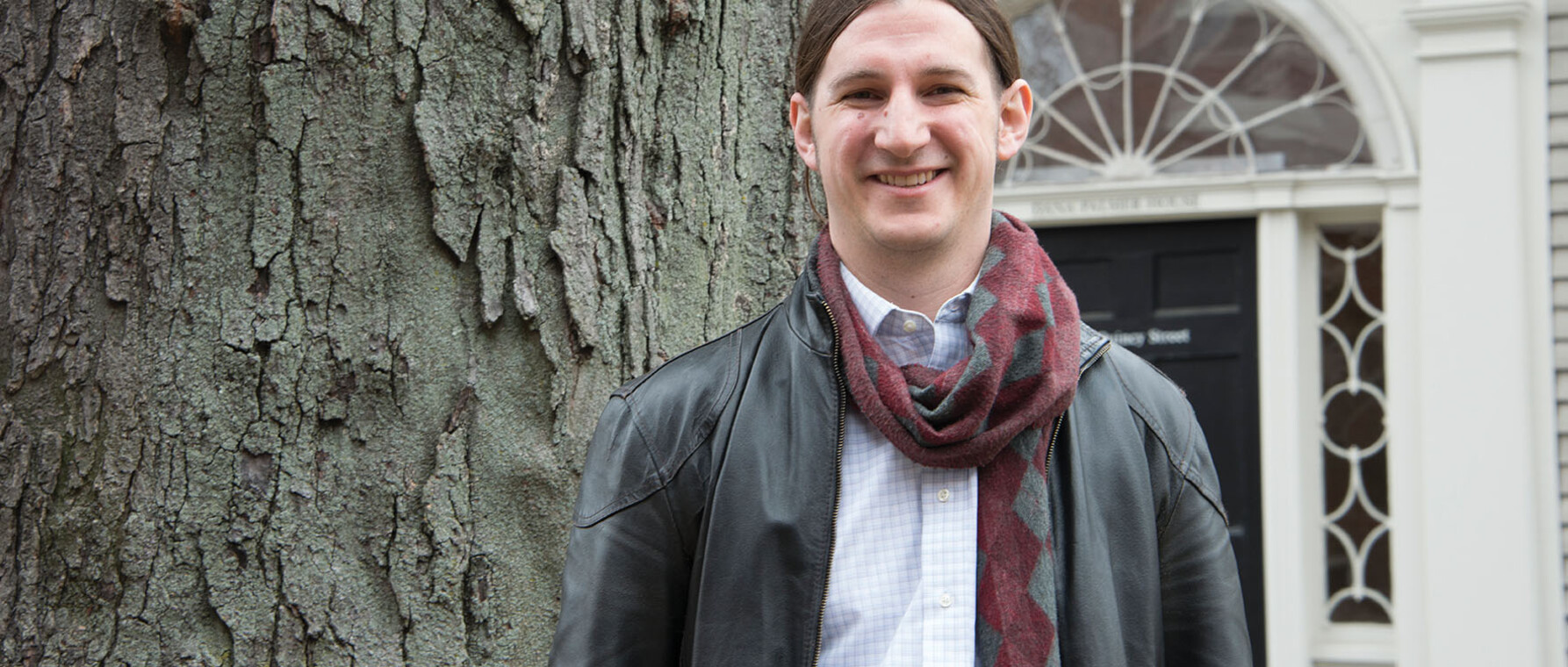
Zach Nowak brought the canned meat product Spam to the first day of section for a course on American food history.
Spam, first created in the United States in the late 1930s and used to fuel troops during the Second World War, has since fallen out of favor, going the way of ersatz coffee as a food most people would probably rather avoid if given the choice. Today, Spam often conjures up associations of tastelessness and poor quality rivaled only, perhaps, by Dickensian gruel.
It came as no surprise to Nowak, then, when his students expressed a uniformly negative reaction to the ill-reputed foodstuff. “None of them had ever had it, but they passed judgment on it immediately and refused to even try it,” he explains.
According to Nowak, a PhD student in American studies, the complex issues that arise from undue prejudice surrounding the once ubiquitous staple is just one example of the ways that food history can serve as a concrete lens for broader cultural and historical developments. Spam, he explains, is a perfect example of the networks of cultural and racial connotations that inform every one of our food choices—kale and whole wheat are “good,” while Wonder Bread and Spam are “bad.”
A Lens to the Past
Though Nowak insists he isn’t a foodie, he’s been thinking and writing about food for most of the past decade. After graduating with a master’s in Italian studies from Middlebury College in 2010, Nowak, a fluent speaker of Italian, found himself in the role of research assistant to a professor of food history at an American study abroad program in Perugia, Italy, called the Umbra Institute. The professor’s approach to using food as a serious and productive way to learn about world history excited Nowak, who says, “Food was a great lens through which to look at the past. It really intrigued me, and I wanted to learn more.” After three years at the Umbra Institute, during which time he became the director of their food and sustainability program, Nowak decided to apply for a PhD back in the States.
Since coming to Harvard, Nowak has hit the ground running. He credits his advisor, Joyce Chaplin, James Duncan Phillips Professor of Early American History, with much of his positive experience in the program so far. According to Nowak, Chaplin was instrumental in encouraging him to pursue his developing interests—recalling a conversation they had when Nowak was a prospective student, he says, “Professor Chaplin said to me, ‘Rip up your statement of purpose. If in three years you pitch the same project for your prospectus that you did to apply, something is wrong.’ That was the best advice she could have given me, and it was incredibly freeing.” Indeed, although Nowak enrolled at Harvard thinking he would continue his food-centric pursuits, since then his ideas have changed considerably—he is now envisioning a dissertation that looks at the 19th-century American train station.
A Shift in Focus
Nowak’s nascent dissertation project will focus on the impact of the shared public space provided by train stations on the cultural landscape of industrializing America. As Nowak tells it, “The train station was an amazing space in which people from all sorts of ethnic and socioeconomic backgrounds could mix, coming and going without really knowing each other.” Like the post office or public park, the train station provided a space for social elites to impose, spatially, their intended societal order. But it was also a space for marginalized people—women, African Americans, and hobos—to resist that new order. In his work, Nowak seeks to understand the effect of this liminal space on the city, as well as its legacy today. Nowak posits that the train station may be the beginning of the military industrial complex. “The advent of the railroads taught Americans that it’s a good thing to take public money and give it to private corporations,” Nowak explains.
Although his primary focus has shifted, Nowak maintains that a constant thread nevertheless runs throughout all of his academic pursuits over the past few years. “I think I’ve always been interested in spatial history,” he says. Indeed, before coming to Harvard, Nowak authored a book on the global history of the truffle, which grows everywhere from the Far East to the Western hemisphere and came to be prized for its rich, unique flavor despite its unattractive appearance. These days, in addition to his dissertation, he is undertaking a research project centered on the use of and debates around public land in Boston’s Back Bay Fens. Referring to the reputation of the tall reeds that line the banks of the water as being conducive to late-night amorous escapades, Nowak says, “In the Back Bay Fens, people are using environmental arguments to advocate for destroying aspects of the landscape that they see as fostering deviant behavior, but their arguments are selective and actually faulty.”
In addition to the freedom Harvard has given Nowak to pursue his diverse interests, he is grateful for its institutional support. “It’s not just the money you get for your stipend or summer research, but all the resources available to fund incredible experiential learning opportunities while you’re here,” Nowak says. In his three years at Harvard, Nowak has collaborated with other students interested in food on several notable grants, from support from the Mahindra Humanities Center to organize a graduate conference on food studies to funding from the Graduate Student Council to move a graduate food studies journal to print publication. But the Harvard resources Nowak has tapped include expertise. “For my Fens project, I learned from Harvard Herbarium botanist and curator Walter T. Kittredge how to create my own ‘natural archive’ by collecting, pressing, and mounting botanical specimens.”
Empowering Emerging Scholars
More recently, Nowak has been involved with another initiative: organizing a professional development series with the help of fellow students in American studies and their department administrator, Arthur Patton-Hock. With the assistance of the Office of Career Services and the Derek Bok Center and support from the Gochman Dean’s Fund for Innovation and Development, Nowak and his colleagues have organized panels for graduate students across departments on topics ranging from building a scholarly online presence to constructing an effective teaching portfolio.
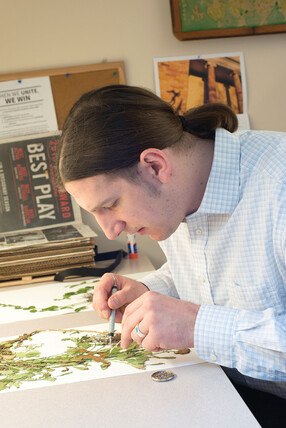
Nowak, whose prior publishing experience taught him a lot about what to expect on the job market and beyond, says that the series is one of the most important steps fellow students can take to empower themselves. “With a huge emphasis on research in grad school, sometimes it feels like I’m learning how to be a baker,” he says. “I learn how to assess the flour, how to measure everything perfectly, how hot the oven has to be, but there’s not too much discussion on actually baking. That’s analogous to the teaching I’m going to have to do after the PhD.” The professional development series he helped develop is in part a response to this problem. “We want to have some discussions on pedagogy, how to get valuable teaching experience, and how it fits into the broader context of our lives as emerging scholars,” he explains.
As his baking analogy shows, food continues to be one of Nowak’s go-to lenses through which to understand the world. In his lesson on Spam, Nowak used this innovative approach to challenge his students’ notions regarding the significant and various assumptions that play into the ways we apprehend something as ubiquitous and quotidian as the food we eat. For his own part, Nowak had been forced to overcome his own prejudice toward Spam on a camping trip with a friend from Hawaii, where it is a beloved and integral part of the diet. “It was actually really good,” he says with a smile.
And although Nowak may have changed his mind about Spam, he’s unlikely to change his mind about the excitement and rewards of academia—he hopes to one day become a professor of history or American studies.
Photos by Molly Akin
Get the Latest Updates
Join Our Newsletter
Subscribe to Colloquy Podcast
Simplecast Stitcher


